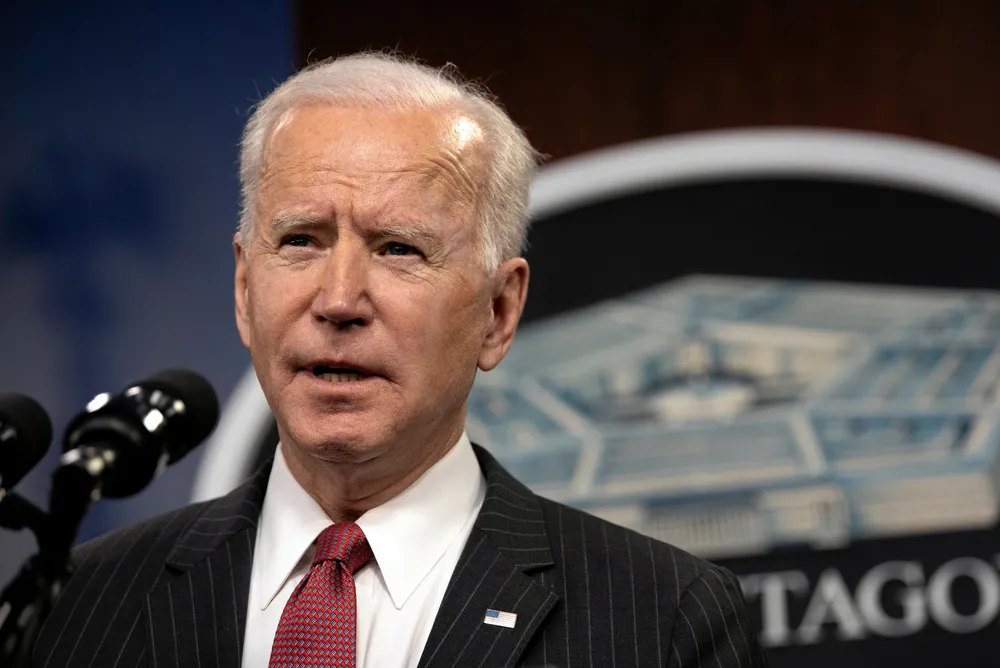US tribes in legal bid to halt Oregon floating wind round 'driven by the White House'
Indigenous groups and fisheries claim Biden administration and 'urban elites' steamrolling coastal communities with 3.2GW auction

The US Bureau of Ocean Energy Management (BOEM)’s looming leasing round off the Pacific Northwest state of Oregon is in troubled waters as local Tribes filed a lawsuit in federal court to stop it until a more comprehensive environmental review can be done.
The areas are in deep waters exceeding 1,000-metres, requiring floating platforms.
The Confederated Tribes of Coos, Lower Umpqua and Siuslaw Indians (CTCLUSI) filed its suit against BOEM in US District Court for the District of Oregon in Eugene claiming that the environmental assessment (EA) of the WEAs was insufficient and violated federal law.
“The Tribe has consistently urged that BOEM delay moving forward with wind energy development until a better understanding is made of the impacts to fish, wildlife, the marine environment, and cultural resources important to the Tribe,” said Tribal Council chair Brad Kneaper.
The EA “narrowly focused on the impacts of the lease sale and completely turned a blind eye to the inevitable impacts that construction and operation of these private energy facilities will have on Coastal resources, the Tribe, and other residents.”
“The intent of this lawsuit is to stop the October lease sale and force BOEM to do a comprehensive Environmental Impact Statement [EIS] that honestly looks at the impact that wind energy will have on Coastal resources,” said Kneaper.
This is a familiar line of argument that has failed in repeated attempts to derail Northeast projects, however.
BOEM review process
Four lawsuits filed by an assortment of fisheries associations, local residents and a rival renewables developer against US flagship Vineyard Wind in US District Court of the District of Massachusetts cited among other issues BOEM’s environmental review process under the National Environmental Policy Act (NEPA).
An EIS is only required after a construction and operations plan (COP) is submitted for specific projects after leases have been sold, and BOEM stresses that lease ownership doesn’t guarantee project development.
Oregon opposition
The Tribe echoes fisheries and other stakeholders in asserting that BOEM has rushed the process without properly consulting them due to political demands from Washington, DC.
President Joe Biden’s administration, which has strongly supported offshore wind and accelerated both leasing and project approvals towards its 30GW by 2030 goal.
“BOEM has failed to meaningfully engage with the Tribe," said Kneaper, adding that BOEM told them: “wind energy development is being driven by the White House.”
Lackluster demand
The auction has so far attracted five qualified bidders but based on previous leasing rounds most won’t participate.
Other bidders include EDPR-Engie joint venture Ocean Winds and Iberdrola-owned Avangrid, both of which were successful in the recent Massachusetts-Rhode Island joint procurement, as well as Bluefloat, which has become quite active in global floating wind.
(Copyright)